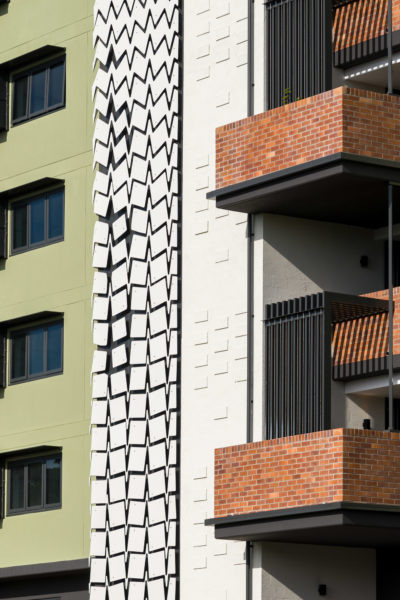
One of Queensland’s largest social and community housing providers, Brisbane Housing Company (BHC), has applauded the 2021 Australian Infrastructure Plan (AIP) which recognises, for the first time, the critical role of social infrastructure in Australia’s economic wellbeing.
BHC Chief Executive Officer and Deputy Chair of the Community Housing Industry of Australia (CHIA), Rebecca Oelkers, said the plan is a step change for the sector, providing clear policy guidance for industry and government to work together to address the growing shortfall of social housing.
“Through this plan, Infrastructure Australia acknowledges that social infrastructure is economic infrastructure too, and the significance of this cannot be underestimated,” Ms Oelkers said.
“As a sector, we have long championed for this recognition which will now catalyse policy and investment models and harness transformational private sector investment.
“This approach will make a significant contribution to the overall wellbeing and productivity of Australian society.”
Social housing comprises only 4% of Australia’s total housing stock, compared to the OECD average of 6%. To meet this shortfall, it is projected Australia will need to deliver 730,000 new social housing properties over the next 15 years.
“Brisbane is in the middle of both a housing boom and a housing crisis, and those who are impacted the most are those who can least afford it,” Ms Oelkers said.
“We need affordable housing – it ensures our cities remain inclusive for people on very low incomes and keeps our key workers where they need to be to keep our cities thriving.
“As the only segment of the property market where all levels of government play an active role, the private sector can have confidence in its ability to navigate market cycles and deliver a project pipeline that endeavours to meet growing demand.”
Ms Oelkers said social and affordable housing is Australia’s original build-to-rent model.
“BHC currently manages a portfolio of 1,700 social and affordable housing dwellings and we have an ambitious strategy to deliver a further 2,000 over the course of the next five years,” she said.
“To achieve this, we need government, private industry and the community sector to work together to unlock funding and delivery solutions – a position that clearly aligns with the policy objectives set out by the 2021 Australian Infrastructure Plan.
“We have an opportunity to rethink our approach to growth by focusing on inclusivity and reinforcing the importance of all levels of Government working together, for example under City Deals, to create our cities of the future.
“At the heart of these City Deals should be an investment in quality social housing as part of a sustainable, inclusive economic recovery, including job creation.”
October 2021

